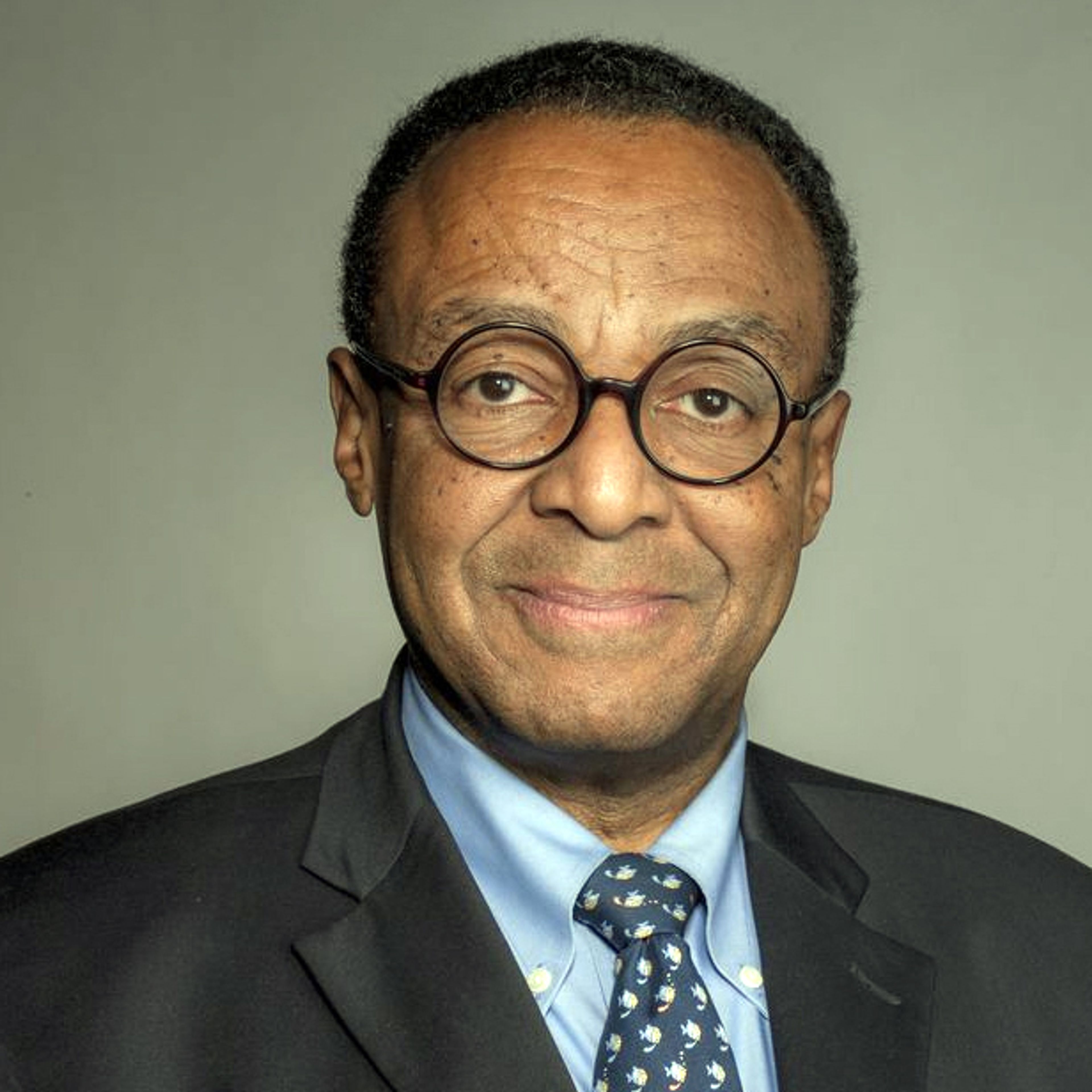Former President Donald Trump’s endorsement of Lt. Gov. Janice McGeachin over incumbent Brad Little in May’s GOP gubernatorial primary never made much sense.
So don’t be surprised if Little gets the last laugh — and Trump loses some of the influence he wields over so many elected GOP politicians.
Look over the Republicans Trump has opposed in their respective primaries.
Topping the list, of course, is Wyoming Rep. Liz Cheney, who now serves on the House panel investigating the Jan. 6, 2021, Capitol insurrection that the former president instigated.
Also on it are House Republicans who joined Cheney in voting for Trump’s impeachment last year — Washington’s Jaime Herrera Beutler, Michigan’s Fred Upton and Peter Meijer, Ohio’s Anthony Gonzalez, who has since retired — as well as Alaska Sen. Lisa Murkowski, who voted to convict Trump, and Georgia Gov. Brian Kemp, who resisted the former president’s attempt to steal his state’s electoral votes.
But Little?
What has he done to deserve Trump’s wrath?
The Idaho Republican served notice he would have supported Texas Attorney General Ken Paxton’s brief before the U.S. Supreme Court to swing the election into the House to Trump’s benefit.
He followed Trump’s lead on responding to the COVID-19 pandemic.
He backed up the former president’s anti-illegal immigration stance by supporting Texas Gov. Greg Abbott and sending Idaho State Police to the Arizona border.
He even kissed the Trump ring at the White House and later at Mar-a-Lago.
At worst, the former president’s intervention into Idaho politics was sloppy.
At best, it reflected McGeachin’s apparent acquaintance with Donald Trump Jr.
Either way, it’s not working out the way Trump expected.
Initial campaign finance reports have the incumbent with a more than 8-to-1 fundraising advantage over McGeachin.
The governor is presiding over a robust economy, record growth and stunningly huge budget surpluses heading into his reelection year.
By contrast, McGeachin has imploded. Her attempted swipe at gubernatorial authority during Little’s absences from the state made her a national punchline.
McGeachin’s inquisition of public schools and higher education yielded no evidence that teachers were trying to create a generation of communists, socialists, Marxists and critical race theory adherents — but it stung the taxpayers, who may have to cover the legal bills she incurred by thumbing her nose at Idaho’s public records law.
Moreover, McGeachin has attached herself to allies who have proven to be a perfect foil for the pragmatic wing of the GOP — the morally bankrupt Rep. Priscilla Giddings, R-White Bird, who was censured for “conduct unbecoming,” and the Idaho Freedom Foundation-influenced Idaho House that refuses to go home.
Nor has McGeachin been able to consolidate her wing of the party. She continues to bleed support to fellow right-wing gubernatorial hopefuls Ammon Bundy of Emmett and Ed Humphreys of Eagle.
Now comes a poll that concurs with that picture.
Released by the Idaho Dispatch, a poll of 575 likely GOP voters shows Little with 59 percent support, compared to 18 percent for McGeachin, 5 percent for Bundy and 1 percent for Humphreys.
In a head-to-head match-up, Little beats McGeachin 64 percent to 24 percent.
He’s also personally popular — 69 percent have a favorable view of Little compared to 19 percent who have an unfavorable impression.
McGeachin, by contrast, is under water — 29 percent view her favorably compared to 40 percent who have a negative impression.
It’s only one set of numbers, but it tracks with other reports of private polling that have placed the incumbent’s support or job approval somewhere close to 60 percent.
For the sake of argument, say the poll is accurate and that Little easily wins the GOP primary — and then ultimately a second term in November.
Presumably, other Idaho Republicans who won’t buck the former president for fear he may retaliate against them will have less reason to do his bidding.
Idaho is only one state, where Trump remains popular. But what if the pattern repeats itself across the country this year?
With blood in the water, other Republicans may decide Trump is sufficiently vulnerable to challenge him for the 2024 GOP presidential nomination.
If that happens, Little should be less inclined to give him a hand. — M.T.








